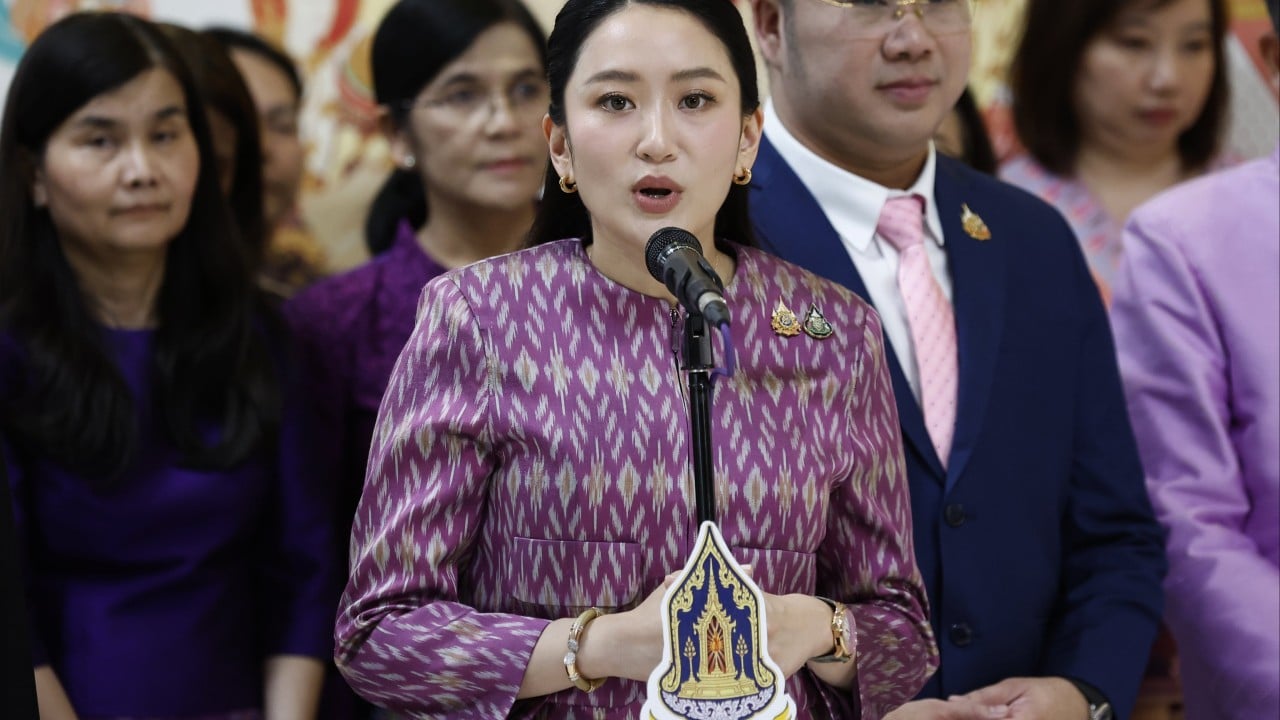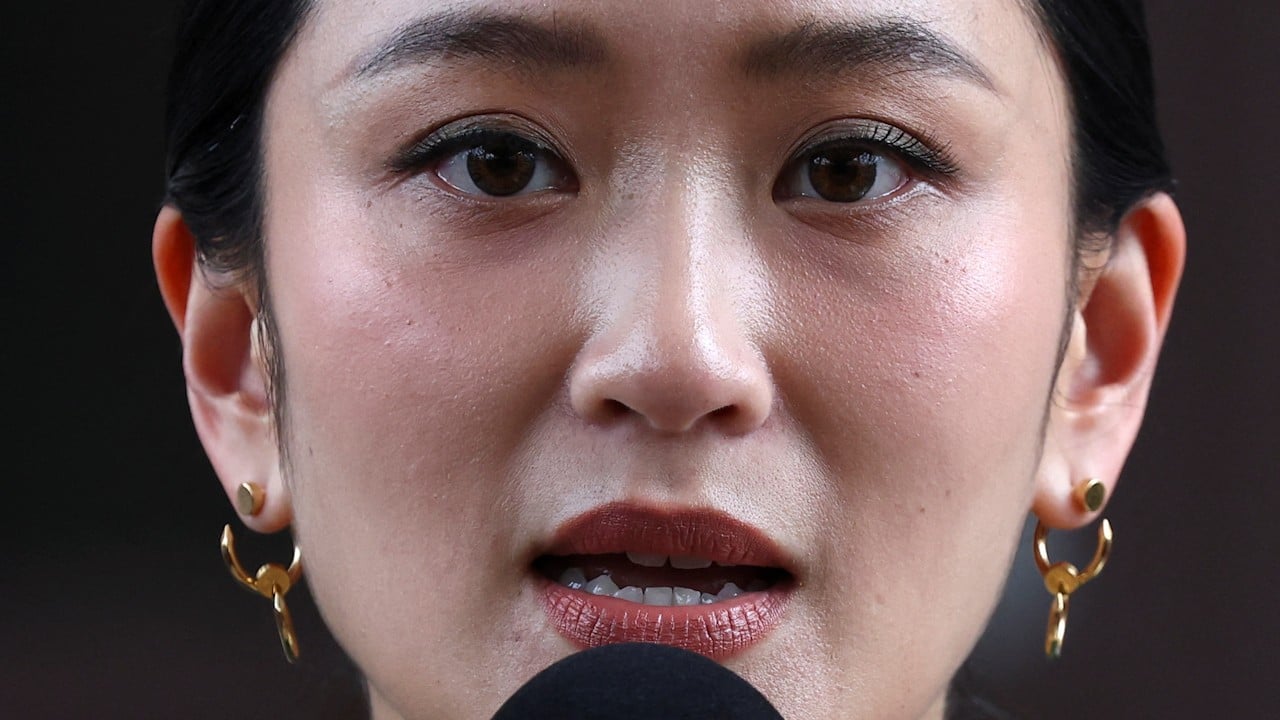The suspension of Prime Minister Paetongtarn Shinawatra has reignited debate over the Constitutional Court’s growing influence in Thailand’s democratic system, amid concerns electoral mandates risk being curtailed by judicial and conservative power centres.
Advertisement
While the court’s decision on Tuesday to suspend Paetongtarn over a leaked phone call with Cambodia’s former leader Hun Sen was framed as a procedural response to an ethics complaint, observers say it fits into a broader trend of interventions that have reshaped Thailand’s political landscape in recent years.
Rawin Leelapatana, assistant professor at Chulalongkorn University’s law faculty, told This Week in Asia that Paetongtarn’s case marked the resurgence of “judicial activism” following the dissolution of the Move Forward Party, which won the most seats in the 2023 election. It was dissolved by the Constitutional Court in 2024 over its push to reform Thailand’s royal defamation law.
“The intervention of the Constitutional Court in … politics remains likely in the future,” he said.
The court has not yet ruled on whether Paetongtarn violated ethical standards, but accepted a petition from 36 senators who allege she brought disrepute to the office by referring to Hun Sen as “uncle” and criticising a top Thai military commander – during a June 15 phone call that was leaked to the public.
Advertisement


